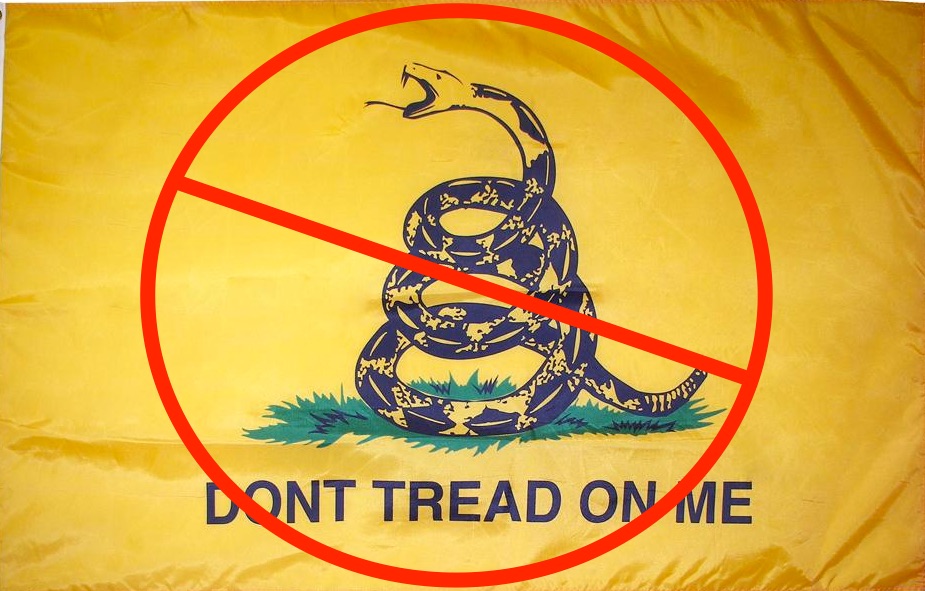We are
fighting a new war against the corona virus, the unseen enemy, our
self-described war president calls it. We all want to win this war, and win it
as quickly as possible, and with as little suffering as possible.
Battles are
being fought on two fronts—in our hospitals where doctors and nurses are
fighting the disease head-on, and deserve all the honor and respect we can give
them, and in our neighborhoods where our businesses have closed and many of us
are sheltering in place, attempting to limit the spread of the disease.
How does
this war compare with other wars we’ve engaged in?
My father,
assigned to the 1st Infantry Division (The Big Red One), was
fighting in Tunisia in 1942-43. This was the first real test for American
soldiers and sailors in the war that was going into its fourth year. He kept a
log that amounted to little more than a date and where he was or what battle
was being fought that day: 8 Nov – Invaded Africa (Oran), 18 Feb – Kassarine
Pass, 16 Mar – Gafsa El Guetter, 13 May – campaign ended, 10 Jul – Invaded
Sicily (Gela).
Ralph
Ingersoll, a journalist/soldier also attached to the 1st Division,
wrote a 200-page book, The Battle is the
Payoff, describing one day and one battle—Gafsa El Guetter. He didn’t depict
a full-blown shoot-out lasting days on end and culminating with one side
finally crying uncle. Instead, he talked about boot camp, the days leading up
to the battle, the preparation, relationships, how units are organized, plus
the differences and purposes of the various units. His lesson was that a lot
more than firepower goes into winning a battle.
Even in the
few pages where he described the battle, there were times when some units were
not only not fighting, but they were sleeping while bullets flew over their
heads. The groups that were fighting tooth and nail would, at times, stand down
themselves, and it’d be their turn to catch a few much needed minutes of sleep.
The battle
called for everyone to do their part, but everyone’s part was different.
He closed
the book, written in real time, by questioning the dedication of both the
combatants and the folks back home. The soldiers were prepared to give their
all and were giving their all, but even they, Ingersoll noted, didn’t have the
same drive that British, Russians and other allied soldiers had. Germany hadn’t
bombed American cities or invaded our shores or imprisoned our citizens.
Whether the
war would be won and how soon came down to each individual battle and
everything that went into winning them. Each battle, in itself, was a payoff
that would in time bring victory.
A time for
celebration in our current war will come, but clearly, we are still fighting
the battles, which call on all of us to endure suffering unlike most of us have
ever experienced.
The
general population, fighting the battle of mitigation to limit the spread of
the virus are fighting valiantly, but are losing momentum. Just as every
soldiers at the battle of Gafsa was vital to the final victory, regardless of
what they did, so also, the battle in our hospitals will not be won if the
battle in our streets and neighborhoods are lost.
Ingersoll
questioned the dedication of his generation. He needn’t have. In time, they
came to be known as, “The Greatest Generation” because they answered every call
to duty.
Our current
generation—WWII survivors, their children and grandchildren—are charged with fighting today’s battle to contain the enemy. Some of us are
beginning to show our soft side, becoming impatient, worrying that we might win
one battle, but question whether we will lose the battle to save the economy.
They
don’t appear to have the same drive to win this war because, like Ingersoll
said about Americans in WWII, maybe they haven’t directly experienced the brutal
impact this invisible enemy is inflicting on us like doctors and nurses have, and like many families have. They want to win. Sure. They're just ready to let others do the heavy lifting.
Sadly, we
are not the nation of our parents and grandparents, shouting, “Bring it on.”
The message from protesters in the streets is, “I don’t know. I don’t think I can do this any longer.” Carrying weapons and waving flags do not make protesters more convincing or patriotic, or their message any less pathetic.
Frankly, we
haven’t had the training, the importance of which Ingersoll couldn’t stress
enough, that would enable us to fight a battle of, "sticking to a plan." We are
impatient now because, for too long, we have been a nation requiring immediate
gratification.
“Give me
what I want, and I want it now.”
Our current
war demands that baby boomers and the me generation hunker down, not throw in
the towel.


